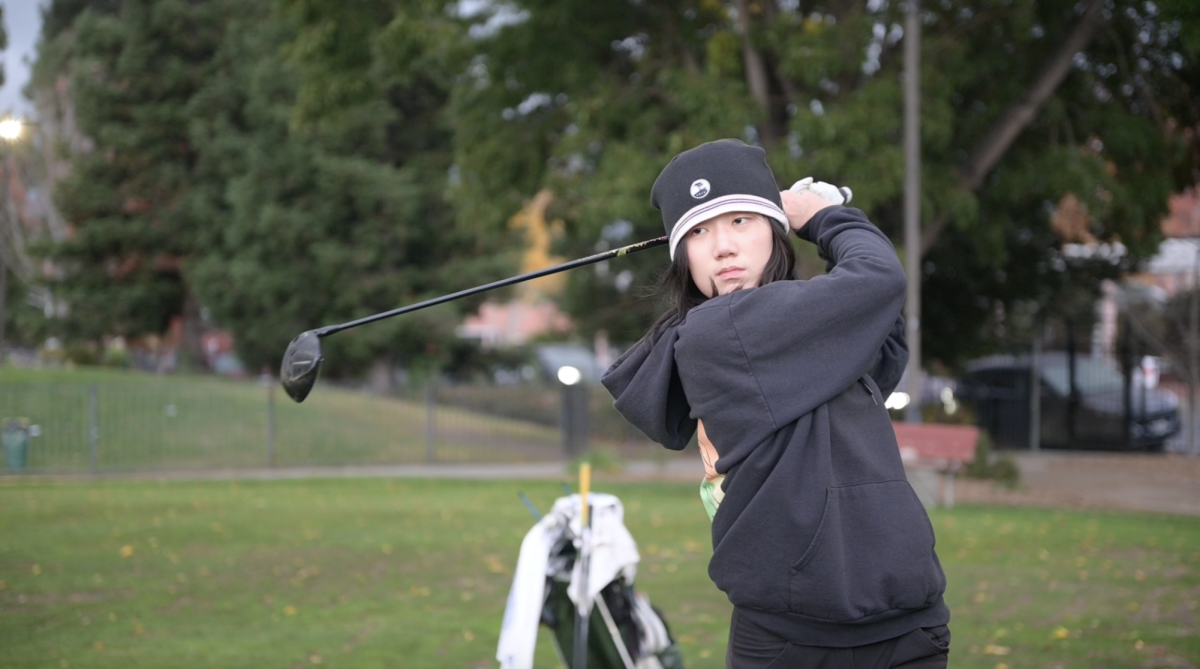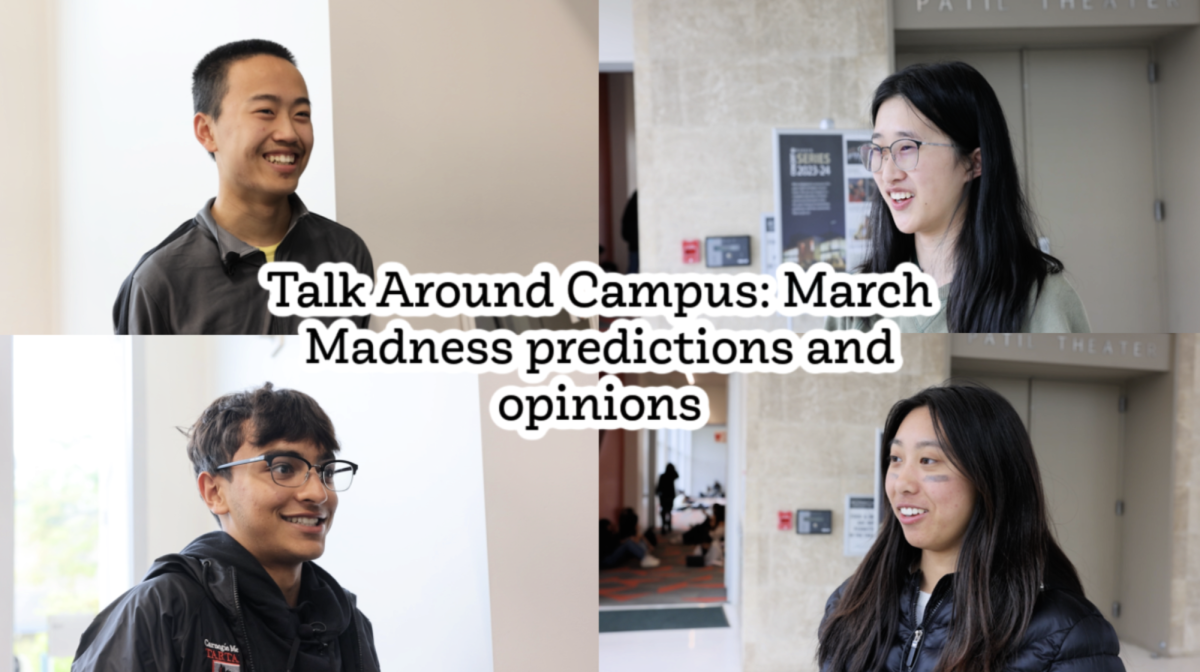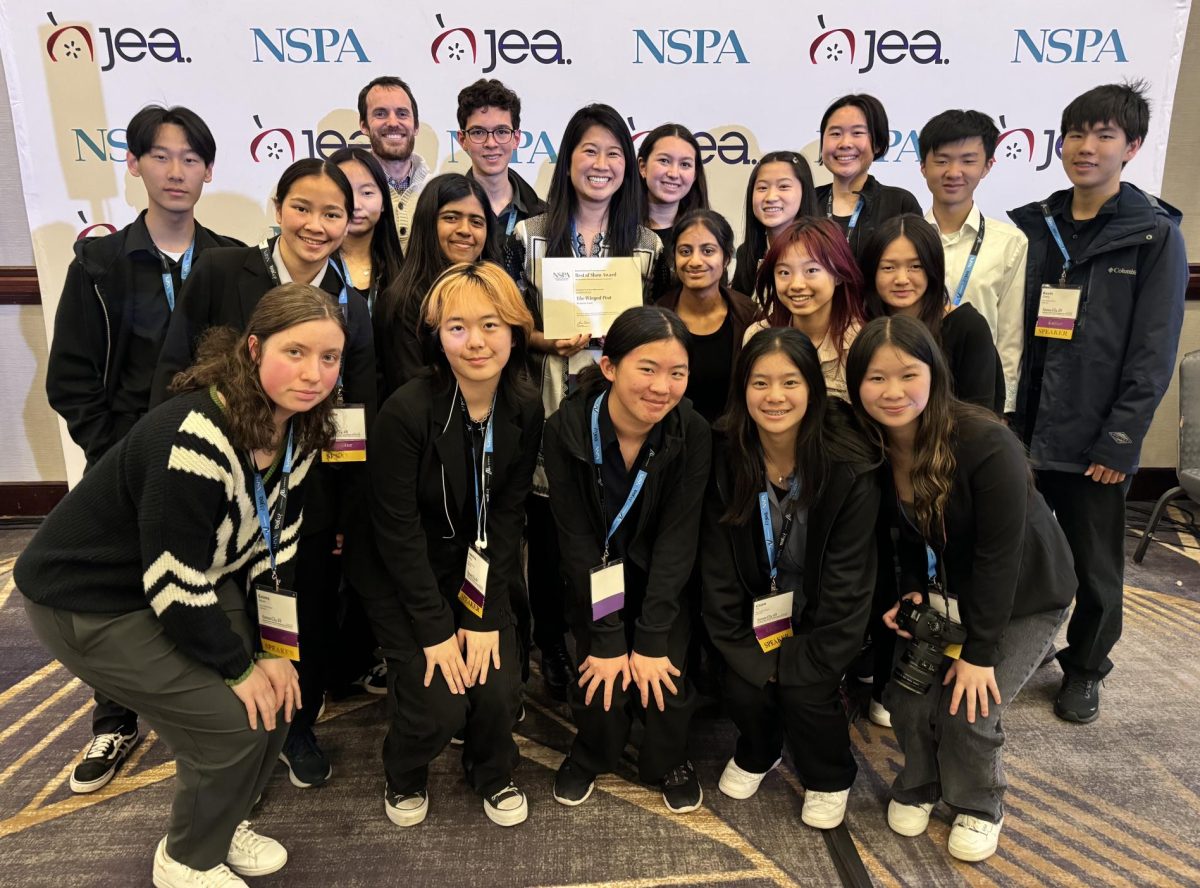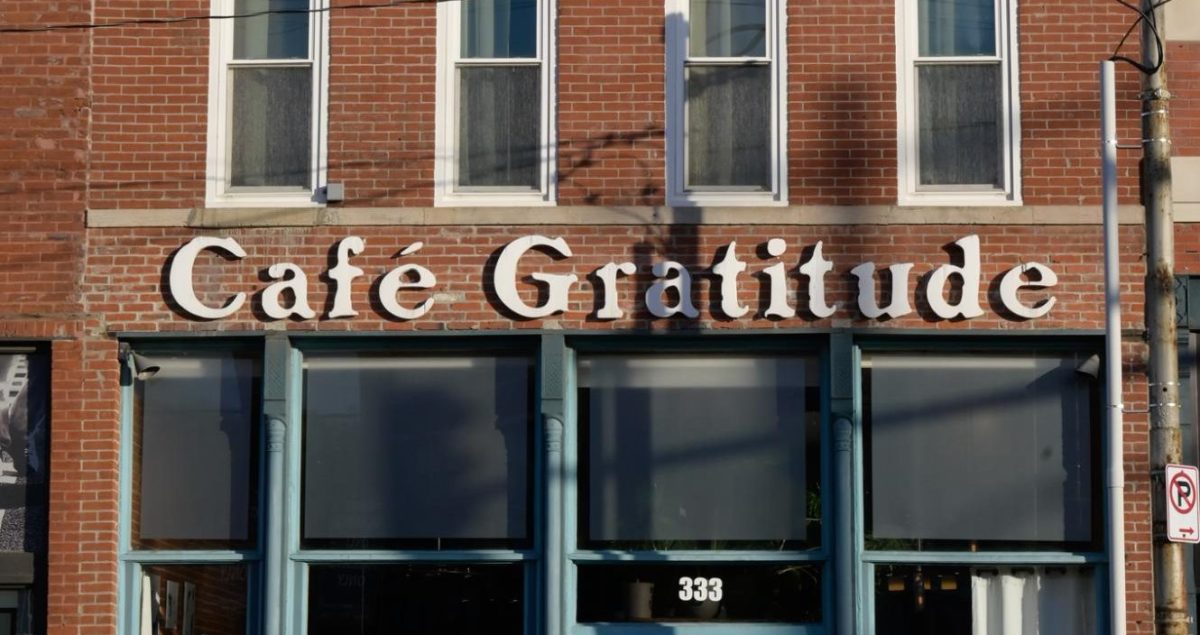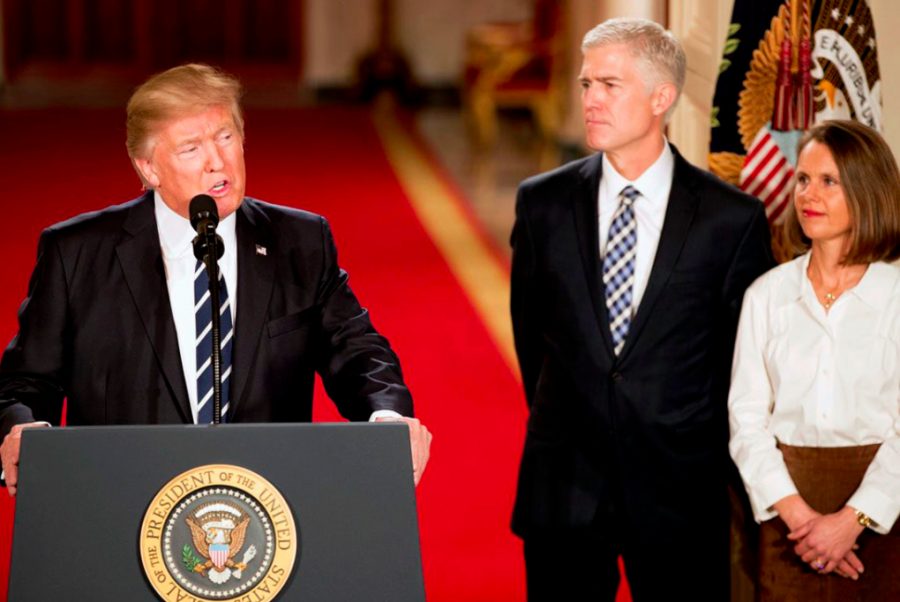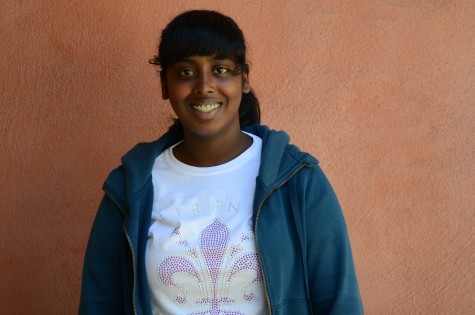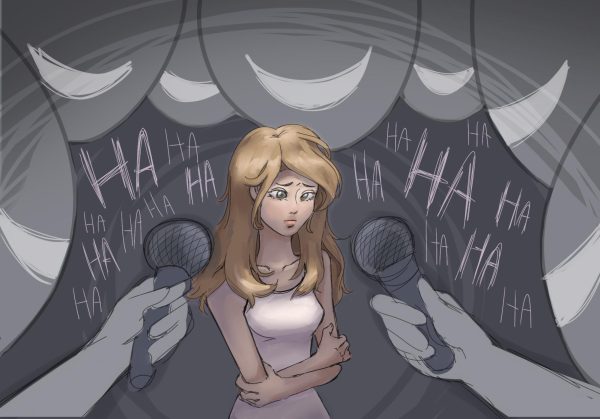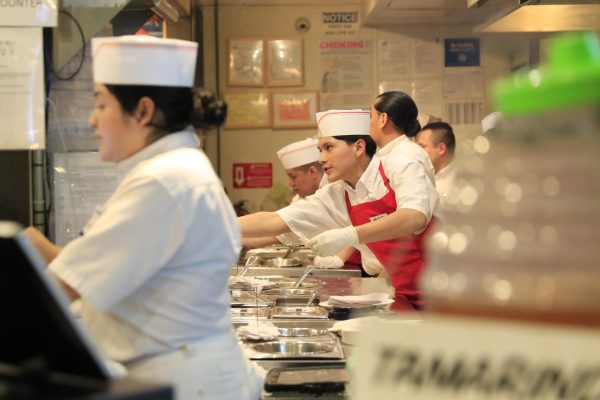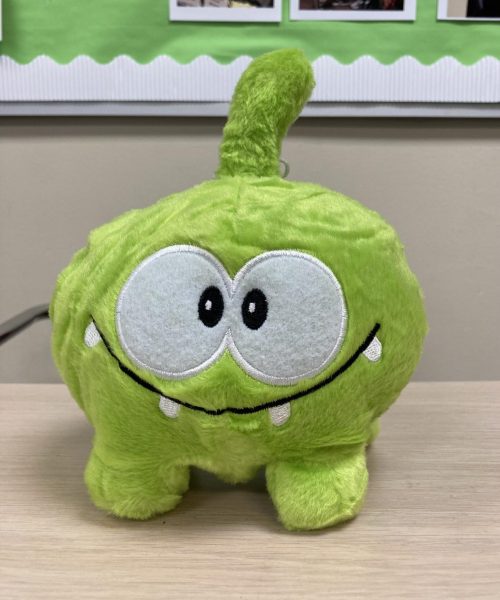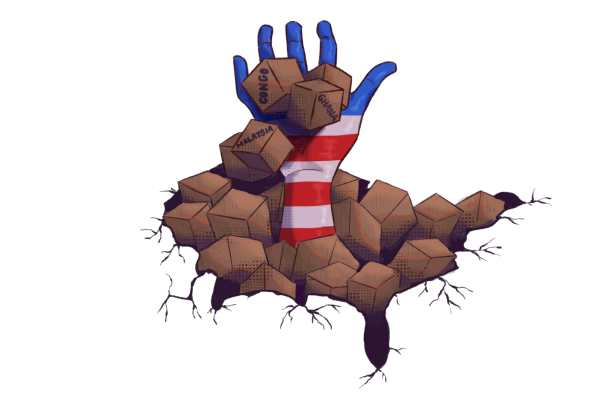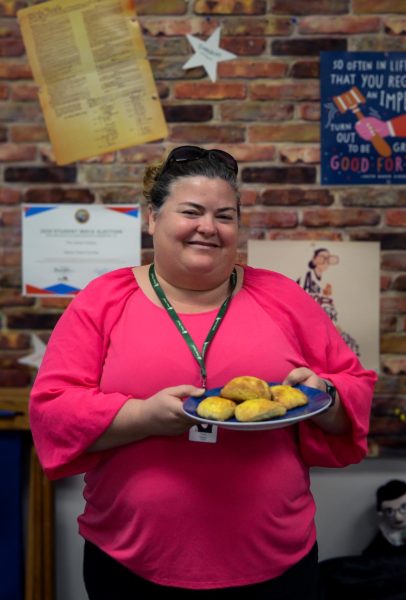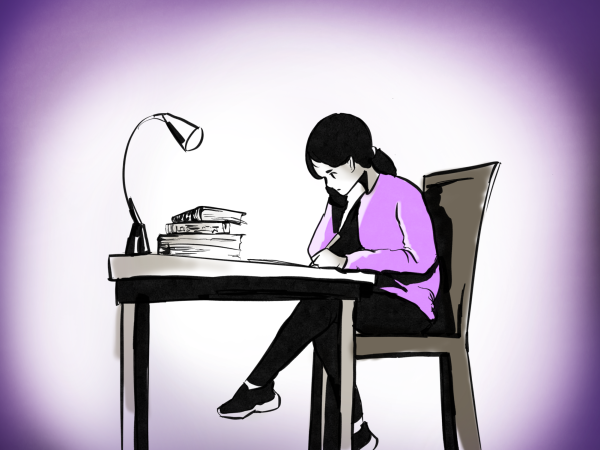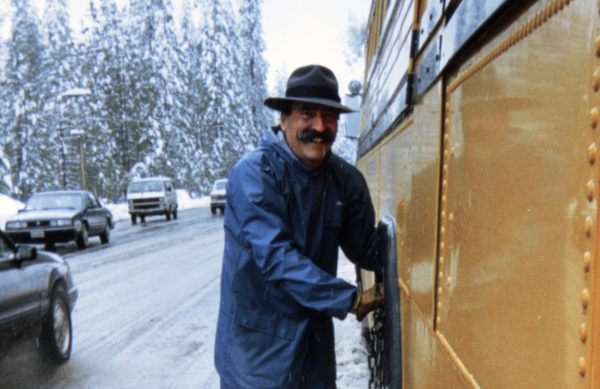Gorsuch faces Senate Judiciary Committee in confirmation hearing
March 22, 2017
President Donald Trump’s supreme court nominee Judge Neil Gorsuch faced a line of questions from the Senate Judiciary Committee in his confirmation hearing starting Monday.
Throughout his confirmation hearing, Gorsuch has received both expected and difficult questions from both Republicans and Democrats.
“I can completely understand why Democrats are frankly mad as hell that the Republicans refused to confirm Judge [Merrick] Garland, but we have been taught since we were kindergarteners that two wrongs do not make a right,” Law Professor Bradley Joondeph at Santa Clara University said. “Even if it was wrong for the Republicans not to confirm Judge Garland, I do not think that it is right to block Judge Gorsuch. I think that he is eminently qualified and he will be an outstanding justice and and credit to the Supreme Court and to the United States.”
Gorsuch was nominated by Trump on Feb. 1 to be the new Associate Justice of the United States Supreme Court.
Gorsuch, a Republican conservative judge, currently works as the judge of the United States Court of Appeals for the Tenth Circuit.
If confirmed by the Congress, Gorsuch will fill the empty spot left by Judge Antonin Scalia, the former Associate Justice of the United States Supreme Court that died on Feb. 13, 2016.
“In many respects I think [Gorsuch] would be similar to Scalia in terms of how he votes and how he provides statements,” Law Professor Bradley Joondeph at Santa Clara University said. “He actually will probably be a little less confrontational. Justice Scalia seemed to enjoy getting into fights a little bit. Not physical fights, but he enjoyed exchanging sharp criticisms to his colleagues. I think Gorsuch might vote very similarly on cases, but he would do so in a kinder and gentle way.”
Law Professor Francisco Rivera at Santa Clara University wishes that the Supreme Court Justices are knowledgeable about the human rights treaties.
“My hope is that Supreme Court candidate Neil Gorsuch will be asked about the Constitution’s supremacy clause that states that treaties ratified by the U.S. are the Supreme Law of the land,” Professor Rivera said. “In particular, we need to make sure that the members of our highest court are well versed on the human rights treaties that we have agreed to follow.”
Law Professor Margalynne Armstrong at Santa Clara University feels that Gorsuch might not be kind to defendants of individuals rights.
“[Gorsuch] will act in ways that will not recognize some of the claims that the citizens might make in terms of justice for individual rights,” Professor Armstrong said. “He is going to be fairly rigorous in terms of criminal punishment and some people are in favor of that and some people are not. So, if you are a defendant or you are facing the death penalty, you are not having any advantage from having Gorsuch as a judge on your panel.”
Soon after Judge Scalia’s death, President Barack Obama nominated Democratic Judge Garland, to the vacant position on March 16, 2016. Judge Garland was never confirmed by the Republican controlled Congress.
“I think that it is very unfortunate that [Gorsuch] is being nominated to replace a vacancy that arose and that was supplied with the nomination [from] President Obama,” Professor Armstrong said. “An excellent candidate who did not get a hearing before the senate because the senate Republicans refused to hear [Judge Garland] and decided not to confirm his nomination. If the senate had had a hearing and decided not to confirm him, that would be one thing, but they did not even give him courtesy of an interview…So, Gorsuch is coming in with a kind of presumption of him not being a legitimate nominee because if the senate had done their job, he would not even be considered for this position right now.”































![Setter Emma Lee (9) sets the ball to the middle during the match against Pinewood on Sept. 12. “[I’m looking forward to] getting more skilled, learning more about my position and also becoming better friends with all of my teammates, Emma said.](https://harkeraquila.com/wp-content/uploads/2023/09/DSC_4917-2-1200x795.jpg)
































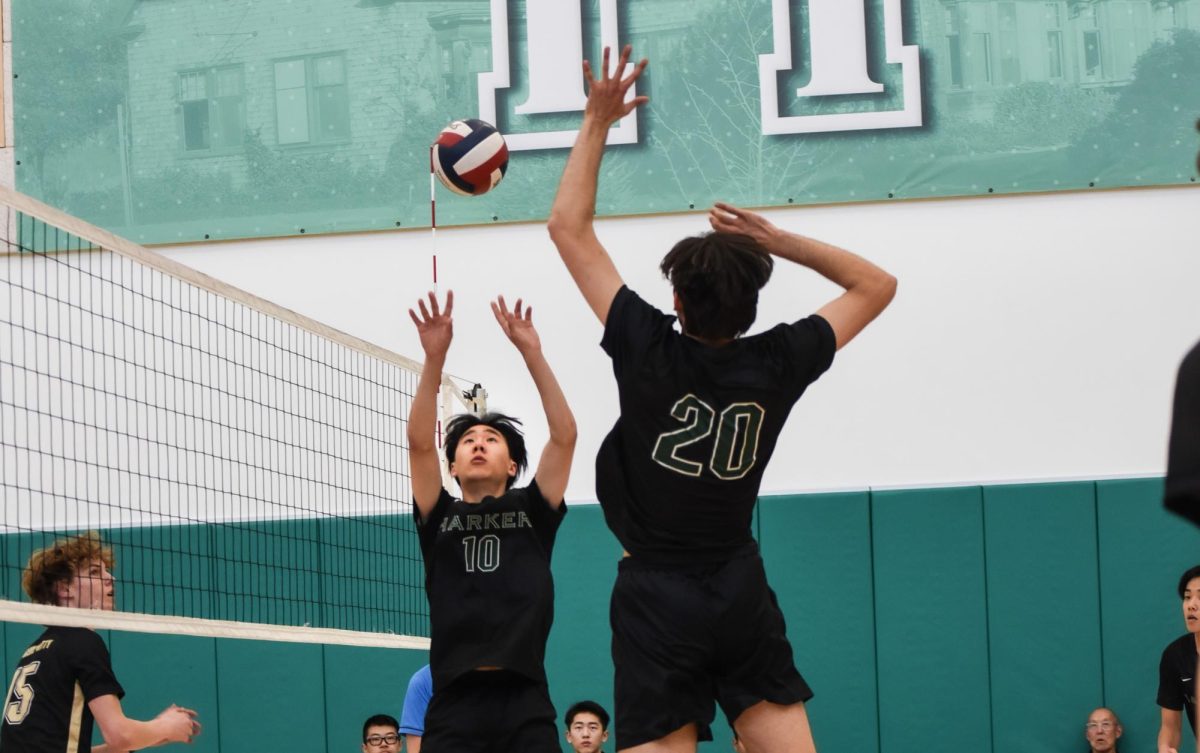
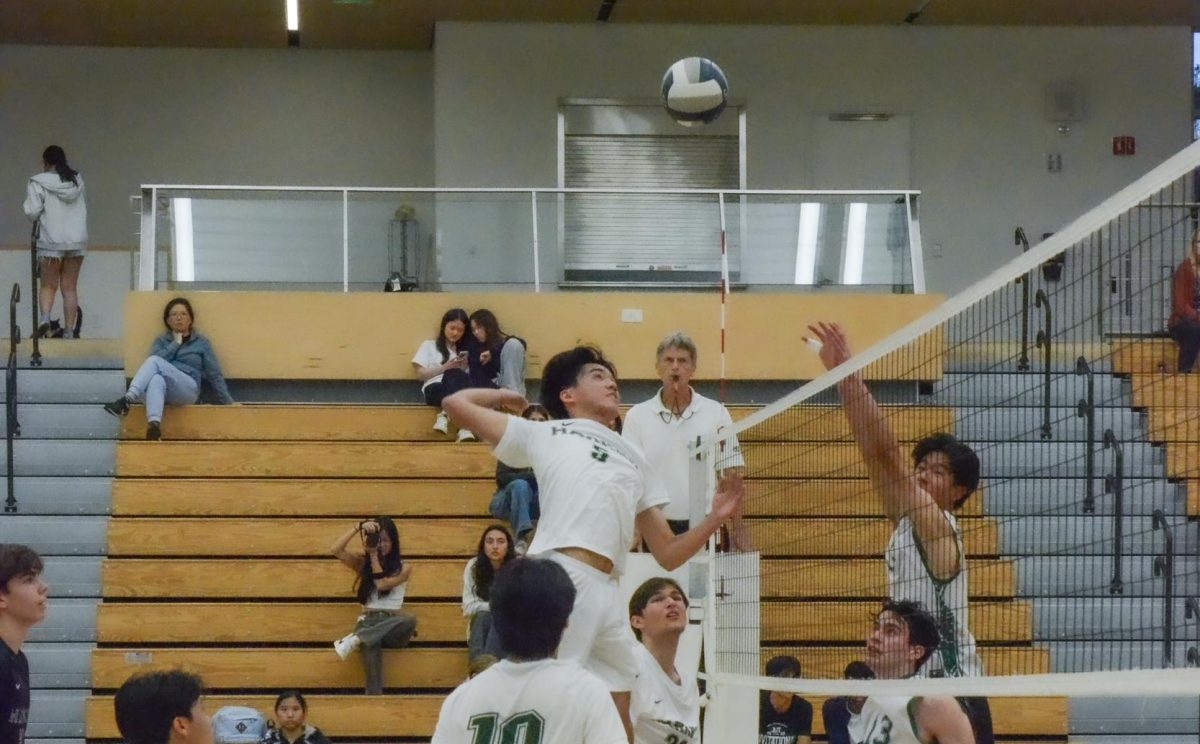
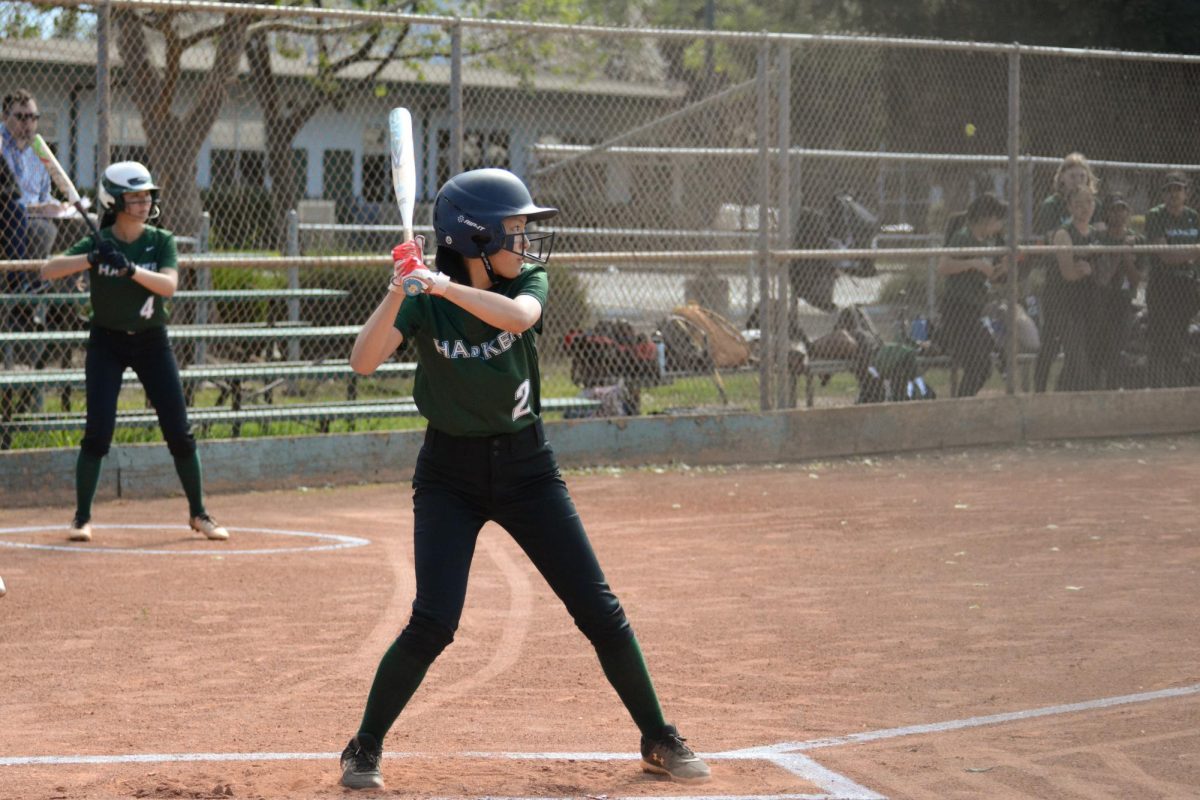
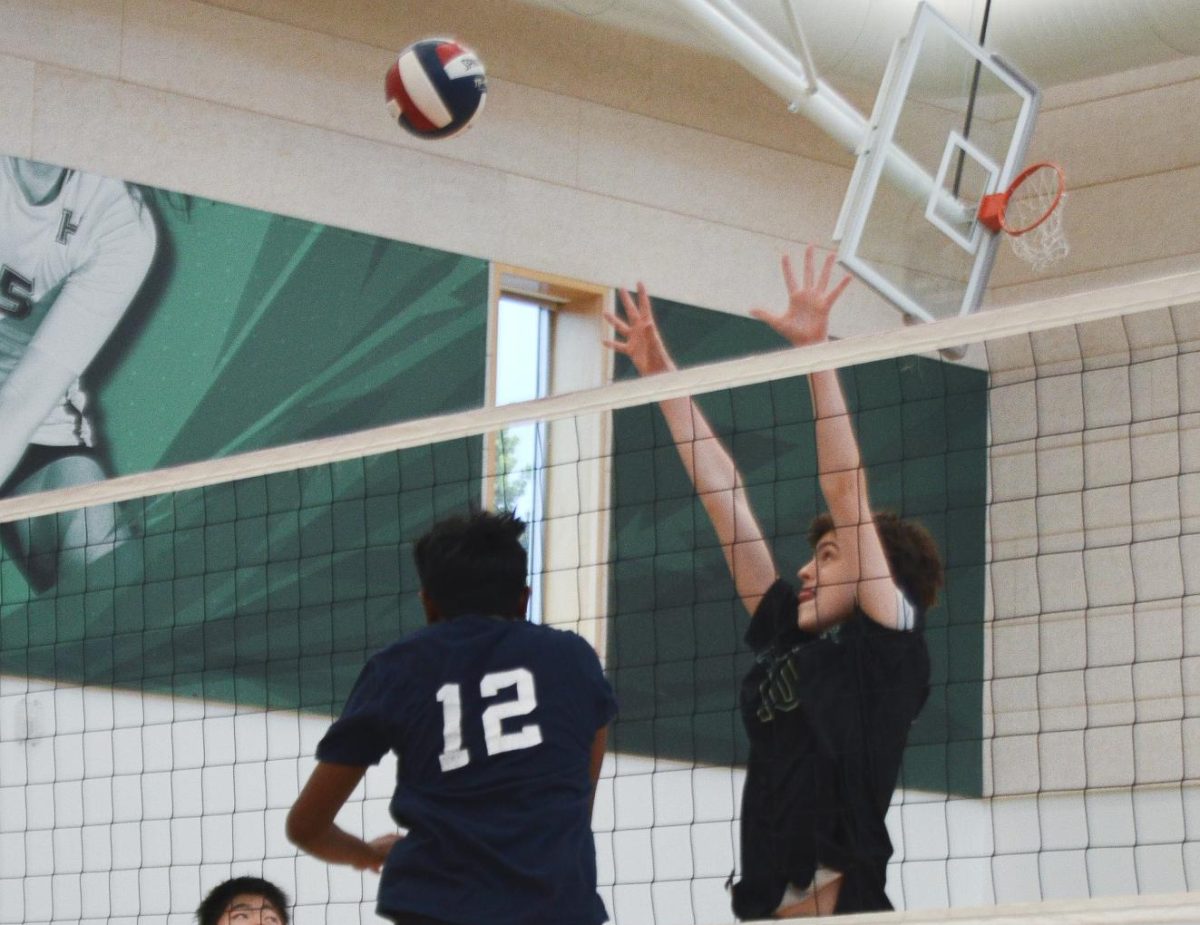
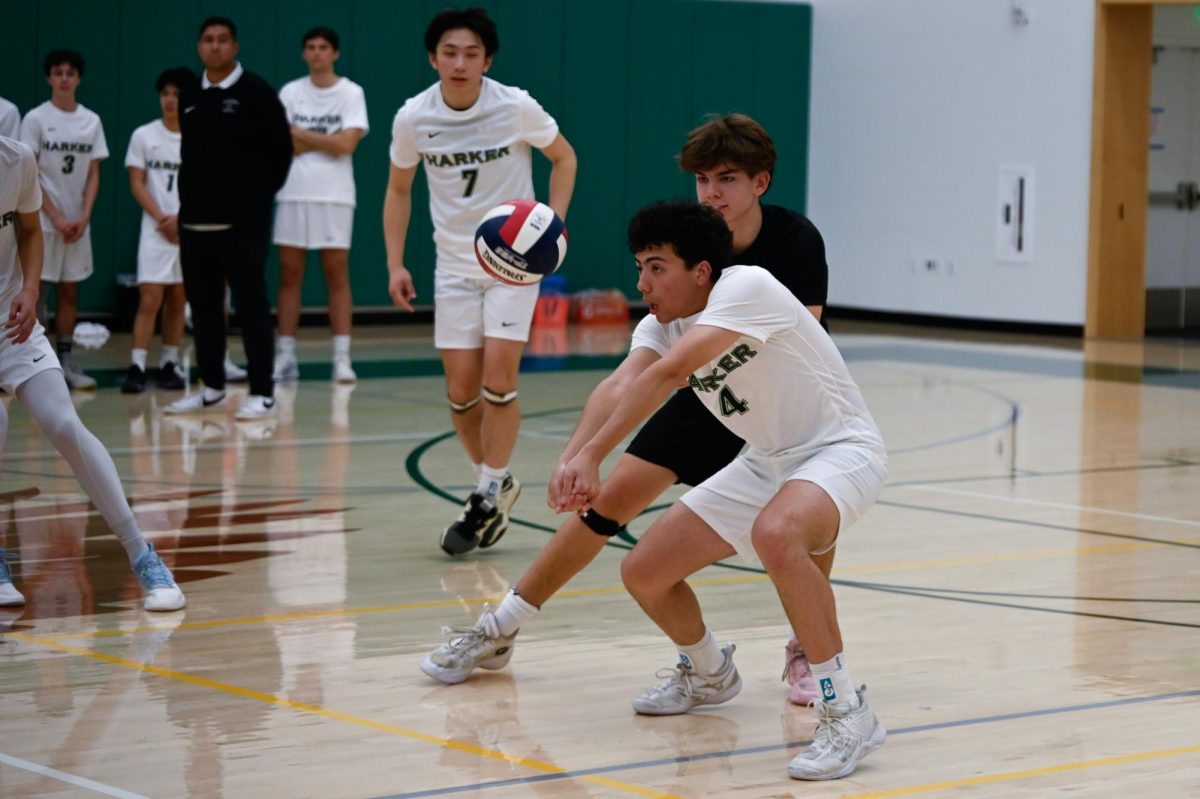



























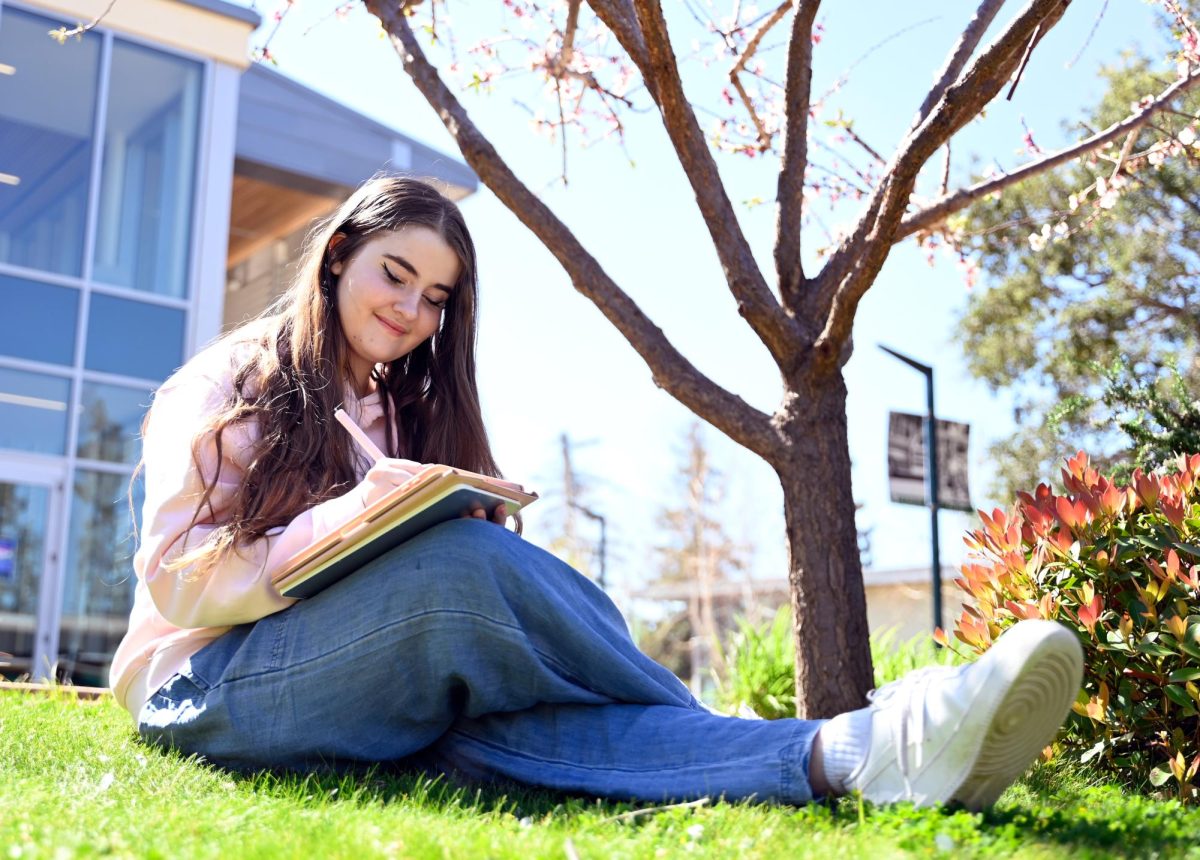
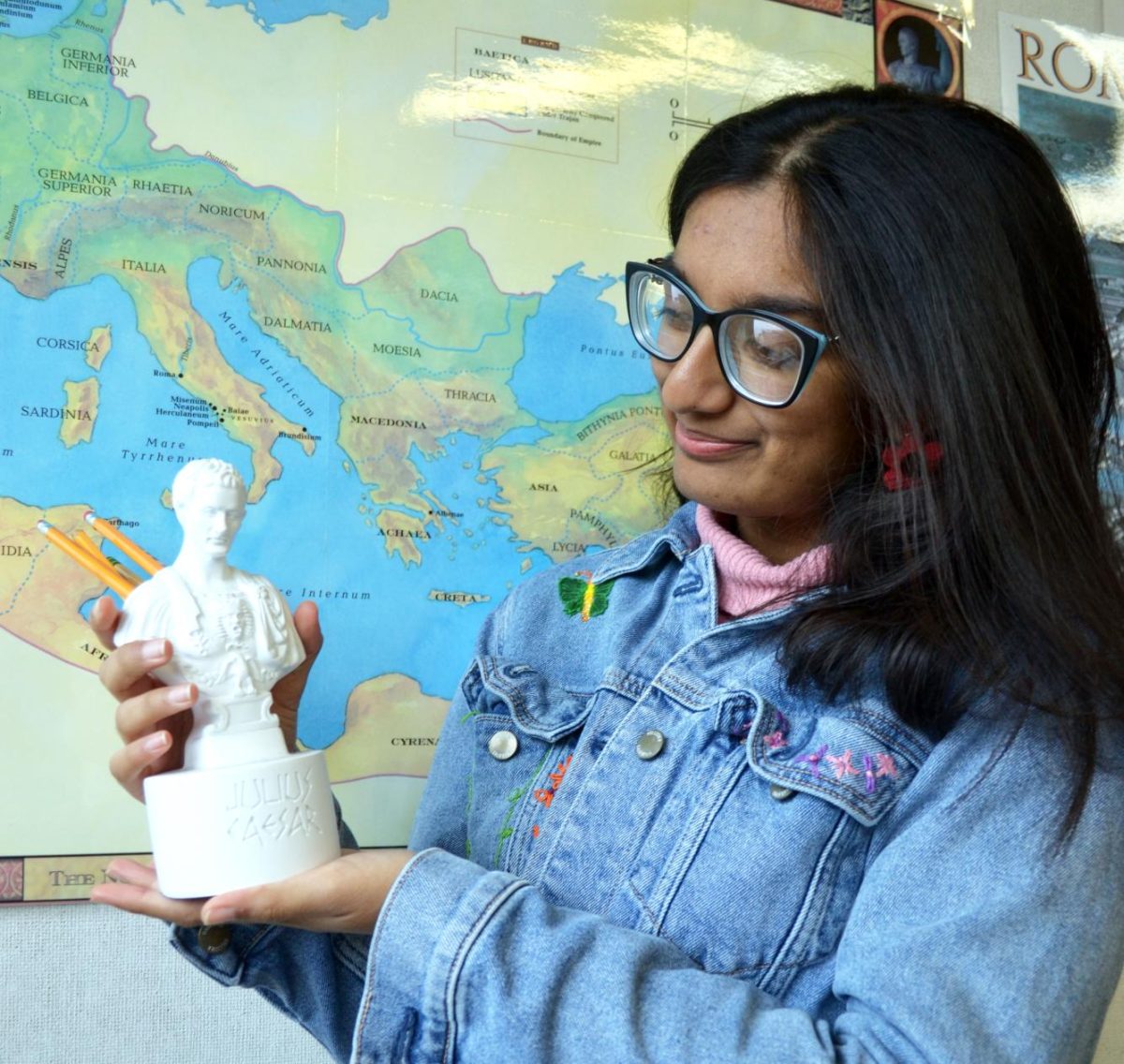
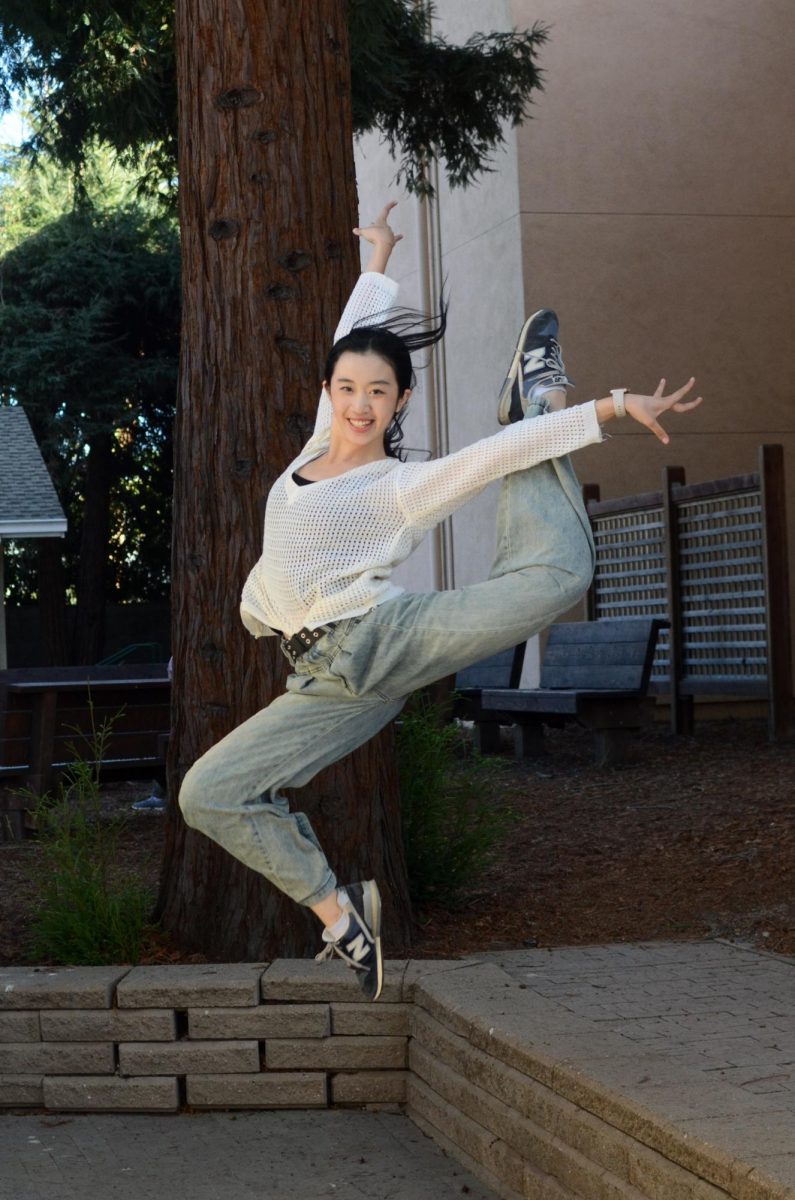
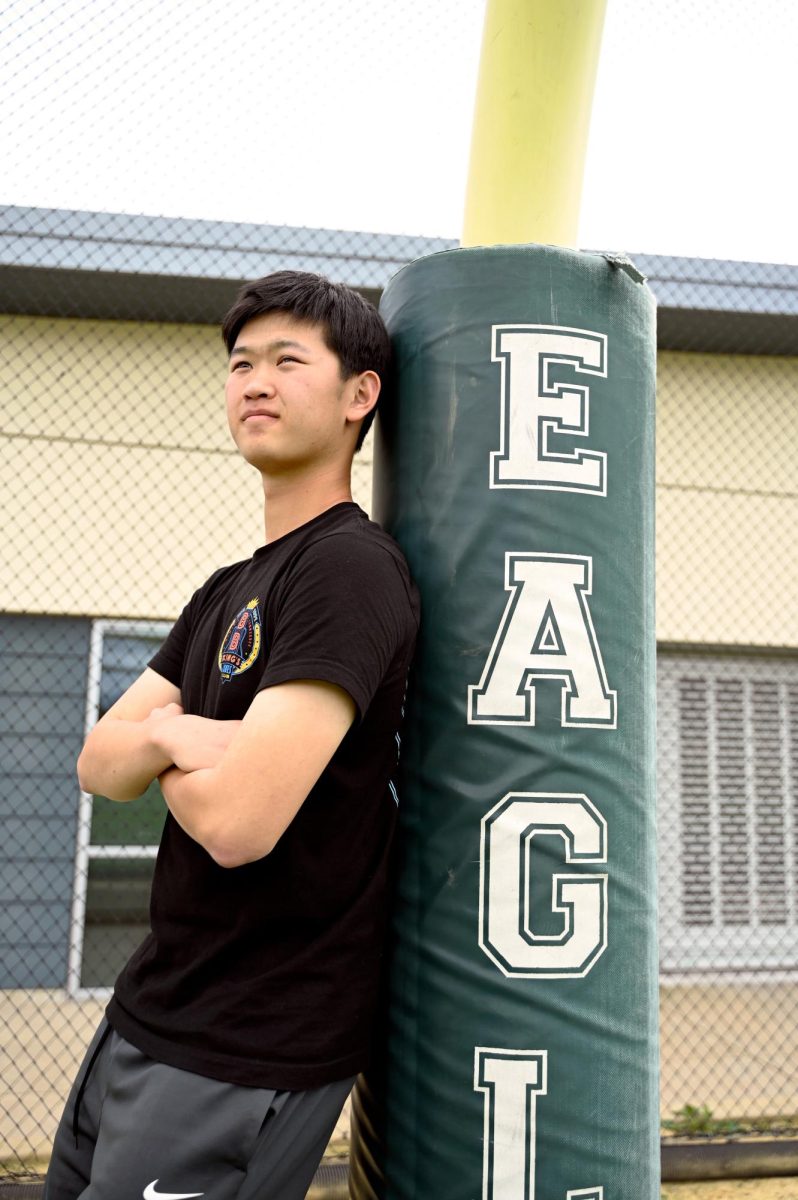
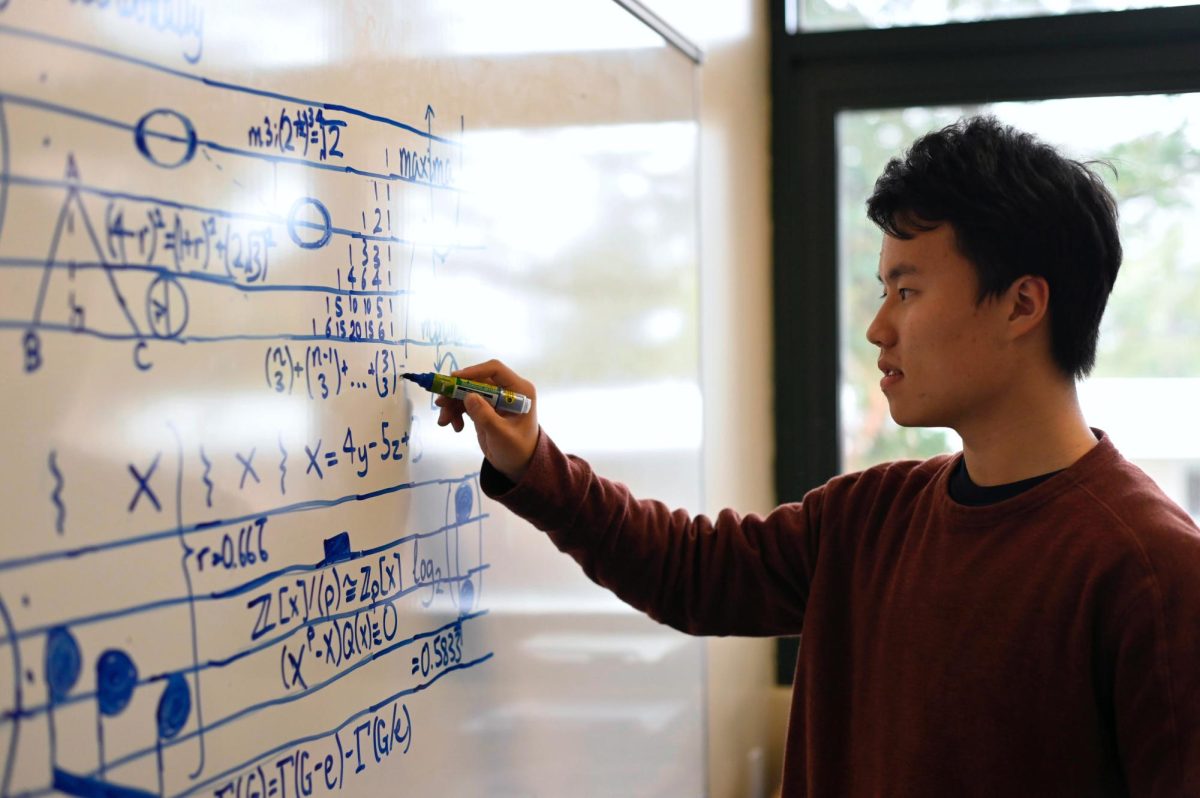









![“[Building nerf blasters] became this outlet of creativity for me that hasnt been matched by anything else. The process [of] making a build complete to your desire is such a painstakingly difficult process, but Ive had to learn from [the skills needed from] soldering to proper painting. Theres so many different options for everything, if you think about it, it exists. The best part is [that] if it doesnt exist, you can build it yourself, Ishaan Parate said.](https://harkeraquila.com/wp-content/uploads/2022/08/DSC_8149-900x604.jpg)


![“Animation just clicked in a way. I had been interested in art, but that felt different. [Animation] felt like it had something behind it, whereas previous things felt surface level. I wasnt making that crazy of things, but just the process of doing it was much more enjoyable, Carter Chadwick (22) said.](https://harkeraquila.com/wp-content/uploads/2022/08/Screen-Shot-2022-08-16-at-9.44.08-AM-900x598.png)


![“When I came into high school, I was ready to be a follower. But DECA was a game changer for me. It helped me overcome my fear of public speaking, and its played such a major role in who Ive become today. To be able to successfully lead a chapter of 150 students, an officer team and be one of the upperclassmen I once really admired is something Im [really] proud of,” Anvitha Tummala (21) said.](https://harkeraquila.com/wp-content/uploads/2021/07/Screen-Shot-2021-07-25-at-9.50.05-AM-900x594.png)



![“[Volleyball has] taught me how to fall correctly, and another thing it taught is that you don’t have to be the best at something to be good at it. If you just hit the ball in a smart way, then it still scores points and you’re good at it. You could be a background player and still make a much bigger impact on the team than you would think,” Anya Gert (’20) said.](https://harkeraquila.com/wp-content/uploads/2020/06/AnnaGert_JinTuan_HoHPhotoEdited-600x900.jpeg)

![“Im not nearly there yet, but [my confidence has] definitely been getting better since I was pretty shy and timid coming into Harker my freshman year. I know that theres a lot of people that are really confident in what they do, and I really admire them. Everyones so driven and that has really pushed me to kind of try to find my own place in high school and be more confident,” Alyssa Huang (’20) said.](https://harkeraquila.com/wp-content/uploads/2020/06/AlyssaHuang_EmilyChen_HoHPhoto-900x749.jpeg)













![“My slogan is ‘slow feet, don’t eat, and I’m hungry.’ You need to run fast to get where you are–you arent going to get those championships if you arent fast,” Angel Cervantes (12) said. “I want to do well in school on my tests and in track and win championships for my team. I live by that, [and] I can do that anywhere: in the classroom or on the field.”](https://harkeraquila.com/wp-content/uploads/2018/06/DSC5146-900x601.jpg)

![“I think getting up in the morning and having a sense of purpose [is exciting]. I think without a certain amount of drive, life is kind of obsolete and mundane, and I think having that every single day is what makes each day unique and kind of makes life exciting,” Neymika Jain (12) said.](https://harkeraquila.com/wp-content/uploads/2017/06/Screen-Shot-2017-06-03-at-4.54.16-PM.png)






